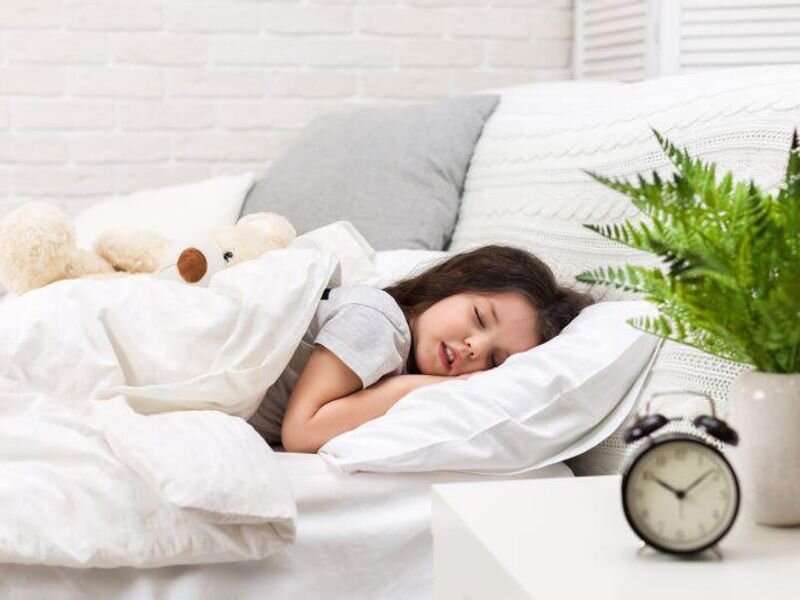
High compliance users of the new bedwetting alarm, GOGOband, which utilizes real-time heart rate variability analysis and applies artificial intelligence (AI) to create an alarm to wake the user, have a 93 percent dry night rate, according to a study published online April 28 in the Journal of Pediatric Urology.
Israel Franco, M.D., from the Yale University School of Medicine in New Haven, Connecticut, and Jon Coble, from GoGoband Inc. in Richmond, Virginia, evaluated a new bedwetting alarm, GOGOband, and assessed the efficacy in the first 18 months of use. All 54 individuals (mean age, 10.1 years) who used the system for more than 30 nights from Jan. 1, 2020, to June 2021, were included.
The researchers found that prior to treatment, subjects wet the bed a median of seven nights per week. The number and severity of accidents per night did not affect the ability to achieve dryness with GOGOband. In crosstab analysis, high compliant users (>80 percent) could remain dry 93 percent of the time, compared with 87.7 percent in the whole group. The ability to achieve 14 dry nights in a row was 66.7 percent overall; some individuals achieved a median of 16 14-day periods of dryness.
“We have entered a new epoch in which we have left behind the rudimentary alarms of the past and are presently entering the modern age with a biometric-based AI machine learning intelligent alarm,” the authors write.
Both authors are GOGOband patent holders and shareholders.
More information:
Israel Franco et al, Initial outcomes using a novel bedwetting alarm (Gogoband®) that utilizes real time artificial intelligence to wake users prior to wetting, Journal of Pediatric Urology (2023). DOI: 10.1016/j.jpurol.2023.04.024
Copyright © 2023 HealthDay. All rights reserved.
Source: Read Full Article



